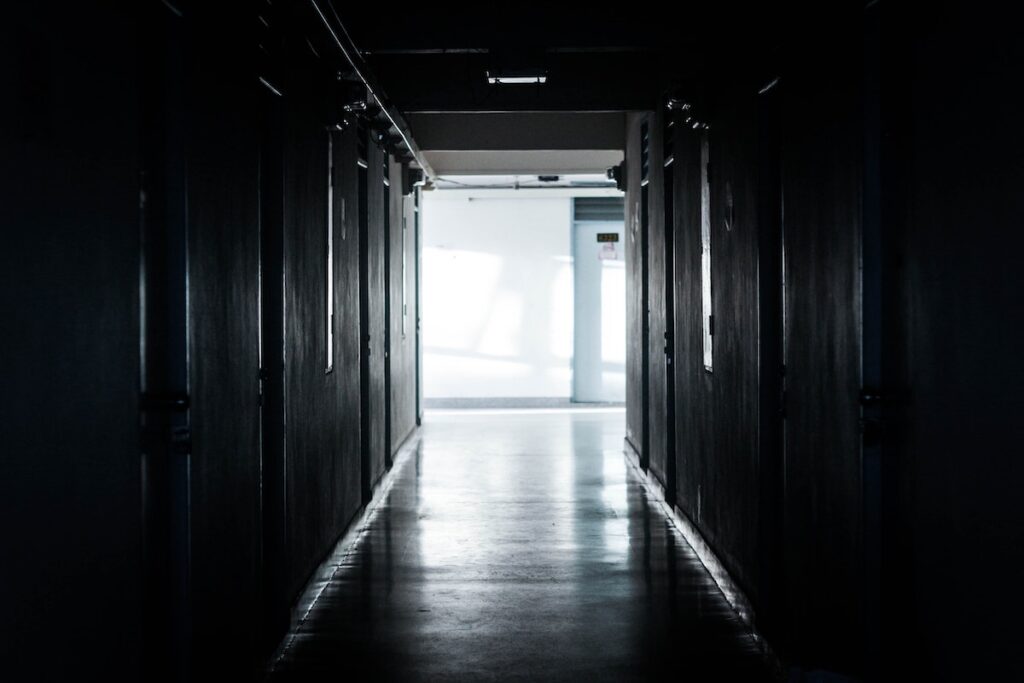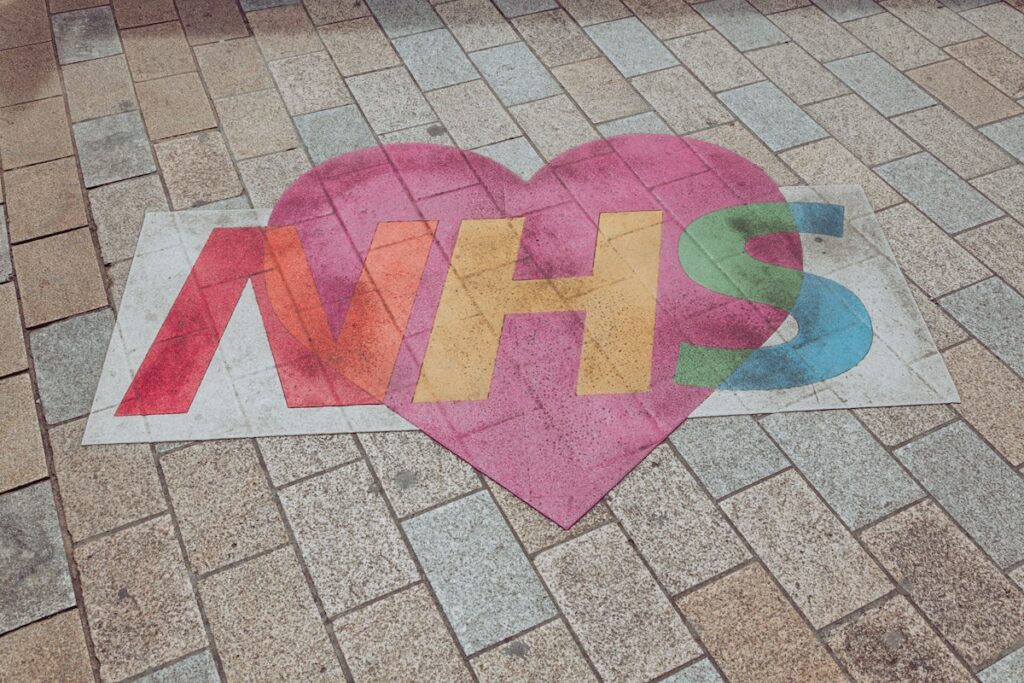
Over recent years we have seen some real investment into psychiatric liaison teams, with many of the benefits being focussed around emergency department (ED) waiting times and ensuring a speedy response to complete a mental health assessment. What has this meant then for the rest of the hospital?
A mental health need may also be present in other wards and departments. Statistics suggest that the number of people with co-morbid mental health and physical health problems in the acute hospital are around 60% (Hollins et al, 2008). This presents a real challenge for services that simply can’t be delivered by psychiatric liaison alone.
In my experience, many smaller psychiatric liaison teams and particularly those covering large hospitals with a substandard service – my own included – have highlighted problems responding to the wider hospital. These difficulties are due to pressures in ED and struggles to deliver in a wider sense around education, staff wellbeing and enhancing the skills of our acute colleagues.
Foye et al. (2020) aimed in this study to gain an increased understanding of the experience of staff from both the Acute Trust and the Psychiatric Liaison team in delivering a service to people with mental health problems. As a service evaluation they also looked at relevant policies and standards related to delivering care to people with a mental health concern.

On average the data shows us that 60% of inpatients in all acute hospitals have comorbid mental health problems, but it seems that there is a difficulty from psychiatric liaison teams to respond to wider hospital needs.
Methods
This paper is a service evaluation from a large hospital with approximately 800 beds, and the focus was to gain an increased understanding of staff experience around providing mental health care to their patients.
In total, 30 staff were interviewed through in-depth interviews (N=17) and focus groups (N=2). The majority of participants (N=26) were employed on acute wards in the general hospital, while a small number (N=4) worked in the mental health team providing a service to the hospital. The sample was self-selected, from wards that had a higher number of mental health admissions (i.e. gastroenterology, critical care and trauma).
A document review was also undertaken around any policies and procedures that focused on mental health. Thematic analysis was used to examine the qualitative data gained from the interviews and focus groups.
Results
The researchers separated findings into 3 levels – macro, meso and micro – in hopes that this would allow a greater understanding organisationally, at ground level and individually.
1. Macro (organisation)
Enhanced mental health nursing care
The study highlighted the need for one-to-one observations on wards as a need for enhanced mental health input for individual patients. People who needed to be observed for their safety, were appropriately highlighted as being of higher mental health need. The study also demonstrated that the number of extra nursing shifts needed to complete these observations had increased between 2017/18 and 2018/19 by 43.16%.
Leadership
Concern was highlighted around the lack of clear established leadership, and in particular the absence of a mental health manager. Those trained in mental health, cited that staff within the acute wards felt that mental health simply wasn’t their job.
Institutional culture and power
Staff felt that a blame culture existed around serious incidents pertaining to mental health. This resulted in people feeling powerless and becoming over reliant on their mental health colleagues.
2. Meso (at ground level)
Ward culture
A lack of collaborative working led to distancing from people with mental health problems and a sense of disempowerment around managing difficult situations related to mental health. A ‘one of yours’ culture.
“It’s not part of my job”
Skills required to deliver a service to people with mental health problems were seen as specialist and not in their repertoire.
“I deal with anything from the neck down but from there up is your department” (pp.412)
Institutional memory
Previous mental health patients that had been a particular challenge, effected the opinion around all things mental health. Two specific cases were repeatedly highlighted.
3. Micro (individuals)
Fear of mental health
Staff across clinical backgrounds discussed their fear around working with people with mental health problems, especially when it related to using the Mental Health Act. Disengagement from high risk patients was also acknowledged.
Staff well-being
Those interviewed perceived there was a knock on effect to their own mental health and wellbeing that simply wasn’t being addressed.

Staff felt that it simply wasn’t their job to look after people’s mental health and they acknowledged feeling fearful of people with mental health problems.
Conclusions
Institutional memory among other factors is impacting how acute staff make sense of mental health culturally, and this needs to be addressed. Enhanced leadership and knowledge might support this work.
“These findings suggest that there is a need to address the culture surrounding mental health within the institution as institutional memory around serious incidents has had an impact on how staff make sense of mental health problems on the wards as well as impacting on employees own mental health.” (pp 415)

Cultural factors, such as institutional memory, impact the experience of having a mental health problem in an acute hospital.
Strengths and limitations
It saddens me to say this, but if I had been asked to come up with the likely outcomes for this study, as a nurse consultant working in liaison mental health, I would have come with a list almost exactly like this one. If you were to repeat the study virtually in any acute hospital, it’s likely that the results would mirror Foye’s and colleagues findings. Having said that, the study was conducted just in one hospital and the participants were self-selected from key wards that were more likely to have had more people with mental health presentations and complex cases of self-harm and attempted suicide. This might mean that the people who put themselves forward for the research felt passionately, either because they champion mental health, or because they have had a particularly challenging experience. The service evaluation was sourced by the director of nursing to establish a greater understanding of staff experience around working with mental health, the evaluation has delivered what is set out to achieve.
The researchers posed that an increase in mental health nurses working both onto and within acute wards might be one possible solution to these concerns; my concern around this is that people will need to be adequately clinically supervised, with a clear leadership structure, perhaps with a mental health matron or director at the top, which many hospitals are opting to develop. Otherwise, it may lead to these mental health nurses being isolated in caring for this client group and burnout.

The study has provided a greater understanding of the experience of delivering care to people with mental health problems within an acute hospital. The findings reflect challenges nurses are facing when working with people in mental distress, but future studies should include more hospitals and participants.
Implications for practice
Staff wellbeing and concerns around the impact of working with serious self-harm presentations were highlighted in this study. Developing safe spaces to reflect and support their employees should be considered by acute hospitals. Undoubtedly, greater education and knowledge enhancement at all levels of training within the acute trust would help reduce the stigma burden.
These needs should be delivered by psychiatric liaison teams as detailed by Plan Standards (6th edition 2019) but many services are under resourced, not able to focus on this much needed work. In services where formal education is offered it is often not well attended, which could be due to it not being prioritised by Acute Trusts. Hospitals need to be held to account if they are not making mental health education mandatory. Why trusts put more emphasis on training about what colour fire extinguisher to use, rather than on how to respond to someone in distress, makes no sense.
“Education is the most powerful weapon that you can use to change the world” – Nelson Mandela

Mental health staff need safe places to reflect and receive better support. Undoubtedly, greater education and knowledge enhancement at all levels of training within the acute trust would help reduce the stigma burden.
Statement of interests
None.
Links
Primary paper
Foye U, Simpson A and Reynolds L. (2020) “Somebody else’s business “: The challenge of caring for patients with mental health problems on medical and surgical wards. John Wiley and Sons, Journal of psychiatric and mental health nursing, pp406-416.
Other references
Hollins S et al (2008) Managing Urgent Mental Health Needs in an Acute Trust, London, Royal College of Psychiatrists.
Psychiatric Liaison Accreditation Network (2019) Quality Standards for Liaison Psychiatry Services, sixth Edition.
Achieving Better Access to 24/7 Urgent and Emergency Mental Health Care – Part 2: Implementing the Evidence-based Treatment Pathway for Urgent and Emergency Liaison Mental Health Services for Adults and Older Adults –November 2016. NHS England, the National Collaborating Centre for Mental Health and the National Institute for Health and Care Excellence London.
Photo credits
- Photo by Enric Moreu on Unsplash
- Photo by Nevin Ruttanaboonta on Unsplash
- Photo by Nicolas J Leclercq on Unsplash
- Photo by JESHOOTS.COM on Unsplash

Hello, really interesting article. Resonates strongly with me. I am a Mental Health Practice Development Nurse, employed by the general hospital for the reasons you highlighted above. I provide education, information, advice and mental health support to the staff of the (very large) general hospital. The Liaison Mental Health team focus on patient assessments, my focus is primarily staff education. It is a great initiative, though like many others is limited from being under resourced.